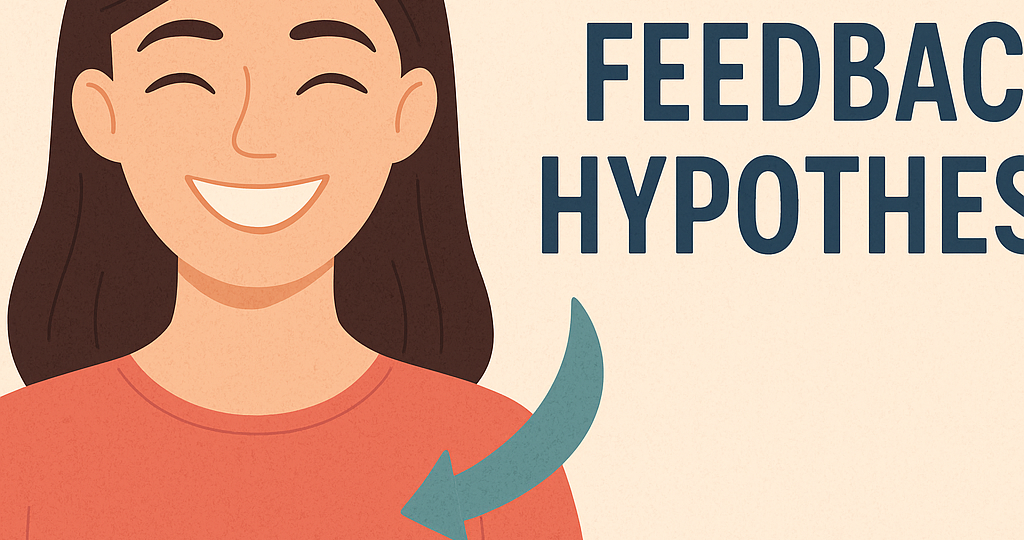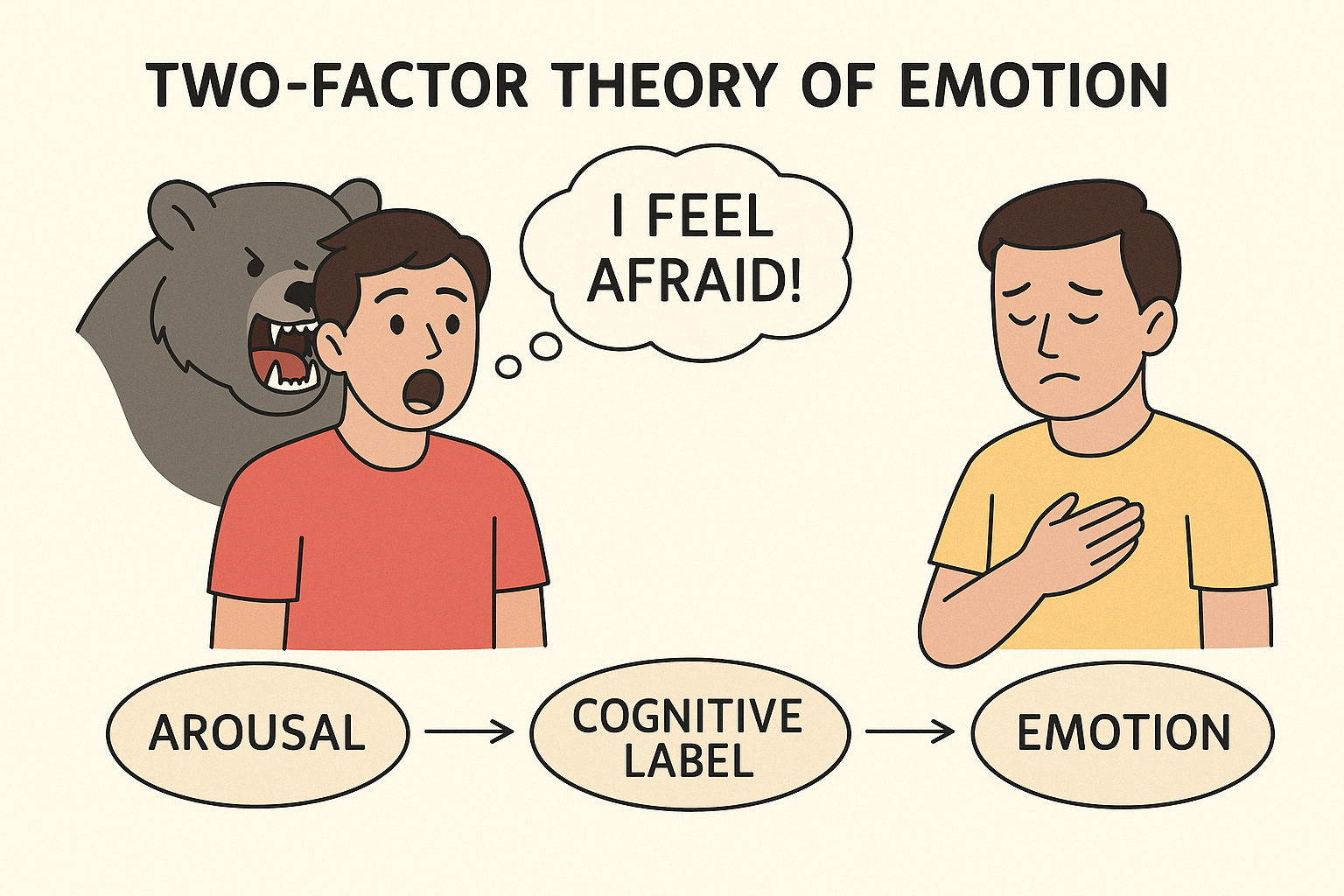
Welcome Back. This is the last of the emotion theories series.
What if simply smiling could make you happier? The Facial Feedback Hypothesis suggests that our facial expressions don’t just reflect how we feel—they can shape how we feel. This theory proposes that engaging in a particular facial expression can trigger the corresponding emotional experience.
The idea can be traced back to Charles Darwin and later supported by psychologists like Paul Ekman and Robert Zajonc. One famous experiment had participants hold a pencil in their mouths in ways that forced them to either smile or frown. Those who mimicked a smile rated cartoons as funnier than those who mimicked a frown.
The underlying mechanism may involve feedback from facial muscles to the brain, influencing emotional centers like the amygdala. When you smile, your brain interprets the muscle activity and releases neurotransmitters like dopamine or serotonin, which are associated with positive feelings.
While recent studies have debated the strength of this effect, the basic insight holds value: your body language and facial expressions can feed into your emotional life. So the next time you’re feeling low, try smiling—not to fake your way through it, but to gently nudge your mind in a more positive direction. Similarly, there is the behavior feedback effect. A good example is if you’re feeling down, and you take long strides instead of short strides, you will apparently feel better.
It’s fascinating how a simple change in your physical behavior can change how you think and feel.
RELATED POSTS
View all


